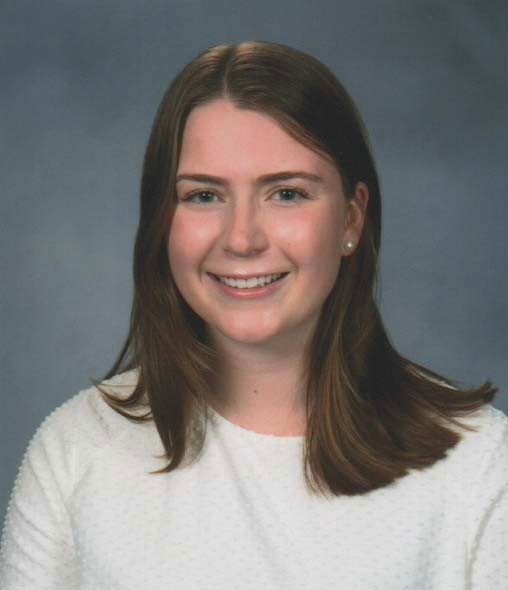“BC has a lot more options for advanced standing than all of the other programs I got into. I just felt like BC had the only program where I would be able to take so many different electives.”
Cristina Goverman, her supervisor at the group home, and Felicia Rodney-Osbourne, her faculty advisor, have helped ease her transition to graduate school. Rodney-Osbourne helped Belger navigate the logistics of taking classes and doing fieldwork after she broke her wrist. Goverman helped her acclimate to working with children after working with adults at an outpatient methadone clinic during her undergraduate years, answering heaps of questions on a daily basis.
Belger says that Goverman and Rodney-Osbourne have also emphasized the importance of self-care as a way to avoid burnout, a common occurrence in social work. During one meeting with Rodney-Osbourne, Belger and her peers in the Advanced Standing program practiced a breathing exercise and discussed the importance of focusing on the present moment. Goverman has worked with Belger to set boundaries to protect her mental health.
“We’ve talked a lot about how to let go of this at the end of the day because it is very difficult work,” says Belger. “I’ve had a lot of sadness related to knowing that there are so many kids that are just waiting to get adopted and it takes so long.”
She plans to carry what she has learned from Goverman and Rodney-Osbourne into her second field placement at the Walker Beacon School, which provides special education to students in grades 7 to 12 who struggle with anxiety, depression, and trauma. The hope is that the experience will prepare her to work with teens at a public school in Boston after she graduates in the spring.
“Because children spend so much time in school, it’s such a great place for intervention,” says Belger. “I really like middle schoolers and high schoolers. I just think that they’re so fun and they have so much hope for the future.”




